There are parties, by tradition, more critical of the European Union (EU) and others that are convinced Europeanists, but, from left to right and convictions aside, everyone's appeal is the same: vote in the European Elections, on 26 May, it's fundamental".
There are still about four months to go to the polls, but all over Europe, preparations for the elections are already underway. And these are special Europeans.
Brexit uncertainty, with the possible implications of the UK's exit from the EU, continues to hover across the Old Continent, as does the strengthening of parties with a Eurosceptic discourse. All issues that are on the table and that concern the European Union.
Now, with these topics on the agenda, the Sul Informação he traveled to Brussels, at the invitation of the European Parliament, where he had the opportunity to participate in a seminar in preparation for the European Elections and to interview Portuguese MEPs.
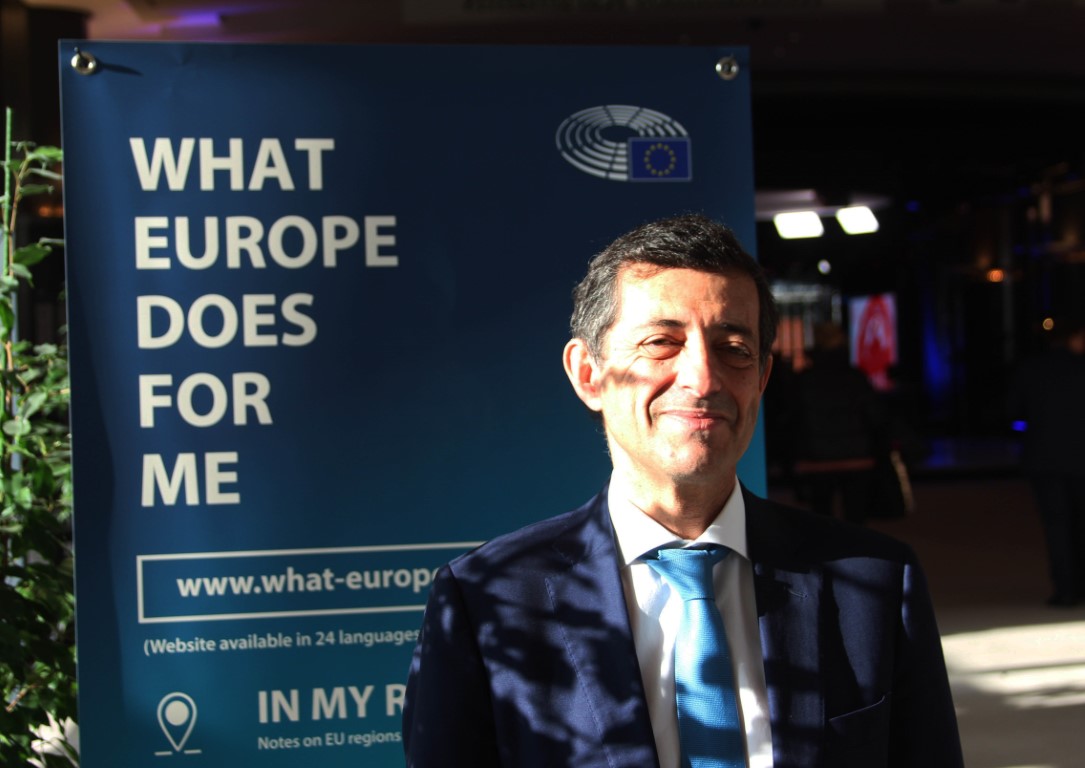
Despite the different ideologies and ideas about the European Union and its own functioning, everyone, from the CDS to the PCP, was unanimous in the importance of going to the polls.
“It is in the European Union that the hope remains of having a more regulated, fairer, more balanced and less unequal world. The answer to some dissatisfaction must be the vote. Europe is in us at every moment and often we don't even notice it», said Carlos Zorrinho, from the PS, the party with the most votes in Portugal in the last Europeans.
For the MEP, there are even those interested "in destroying the European Union which is a model of peace, justice and balance".
As for José Manuel Fernandes, MEP of the PSD, the party that, then in a coalition with the CDS, was in second place in the last elections, he hopes that abstention will “reduce”. In European 2014 the rate was 66% in Portugal.
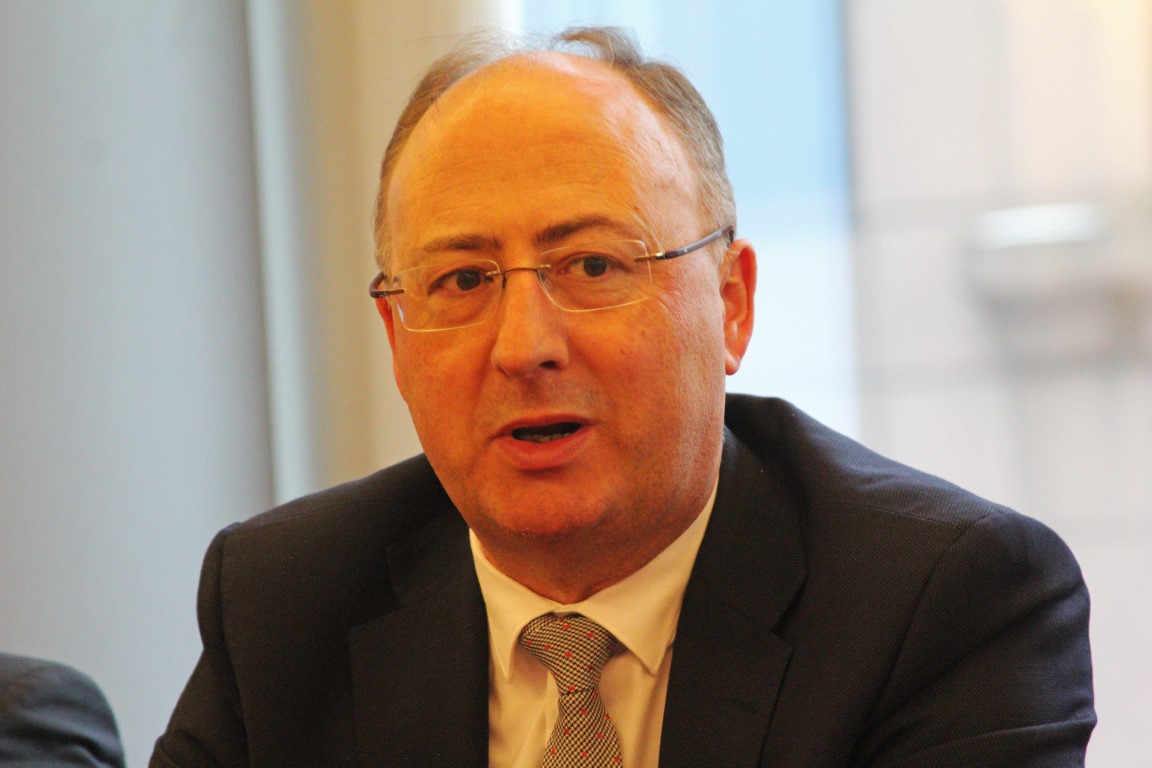
“Our country is one of the Member States that benefits most from the EU. We receive 12 million euros a day, essential for our growth. We participate in an internal market of 500 million inhabitants and we have a space where there is freedom, peace and where fundamental values play an essential role», said the MEP to journalists.
As for the future composition of the Parliament, José Manuel Fernandes wants “the extremes do not have a majority: either the extreme right or the extreme left”, hoping for a “majority of moderates”.
Nuno Melo, CDS/PP MEP, but elected in 2014 on the lists of the Portugal à Frente coalition, which brought together the centrists and the PSD, also hopes that “people will go to the polls”.
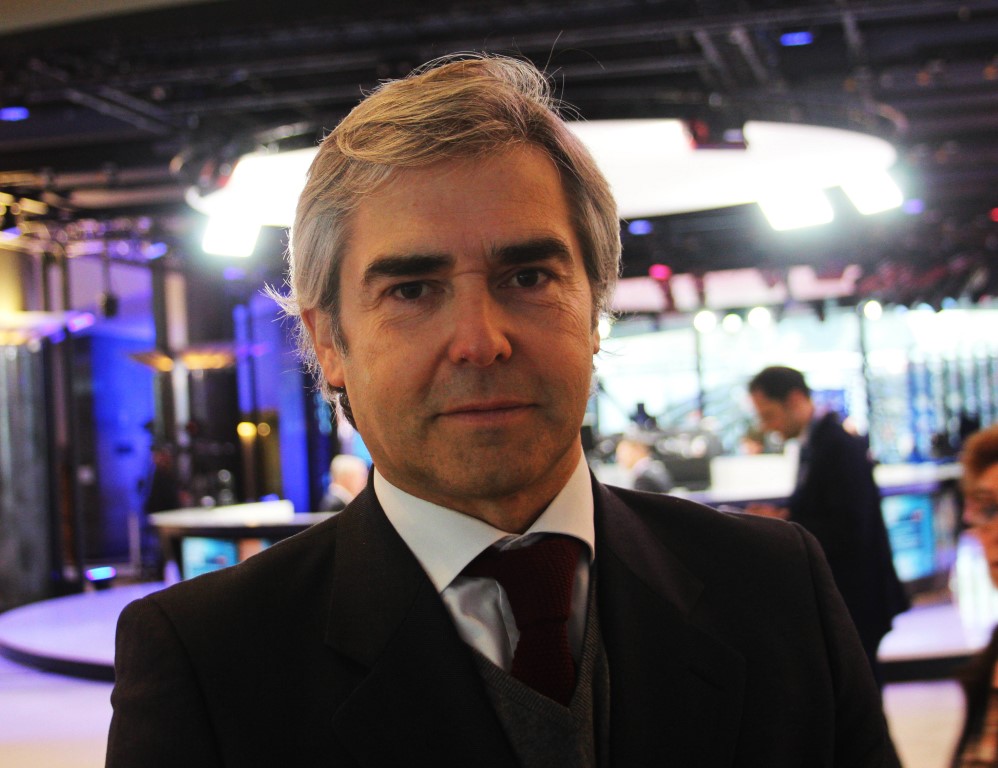
“Electoral history shows that the closer, geographically, the electoral challenge, the smaller the abstention. Hence it is smaller in the Municipalities. This is even strange and paradoxical, because we know that around 70% of the laws that affect us come from the European Parliament», he said.
The congressman is even more surprised by the high numbers of young abstentions. "They are the biggest beneficiaries of opportunities that my generation did not have," he said, in conversations with journalists in Brussels.
“2019 will be a paradigmatic year that justifies the reduction of abstention. Brexit is a sign. For the first time, this space, which has always been an enlargement, could lose a member. If the Portuguese realize that Portugal, without the European Union, will live much worse, perhaps the elections will have a greater turnout at the polls», he added.
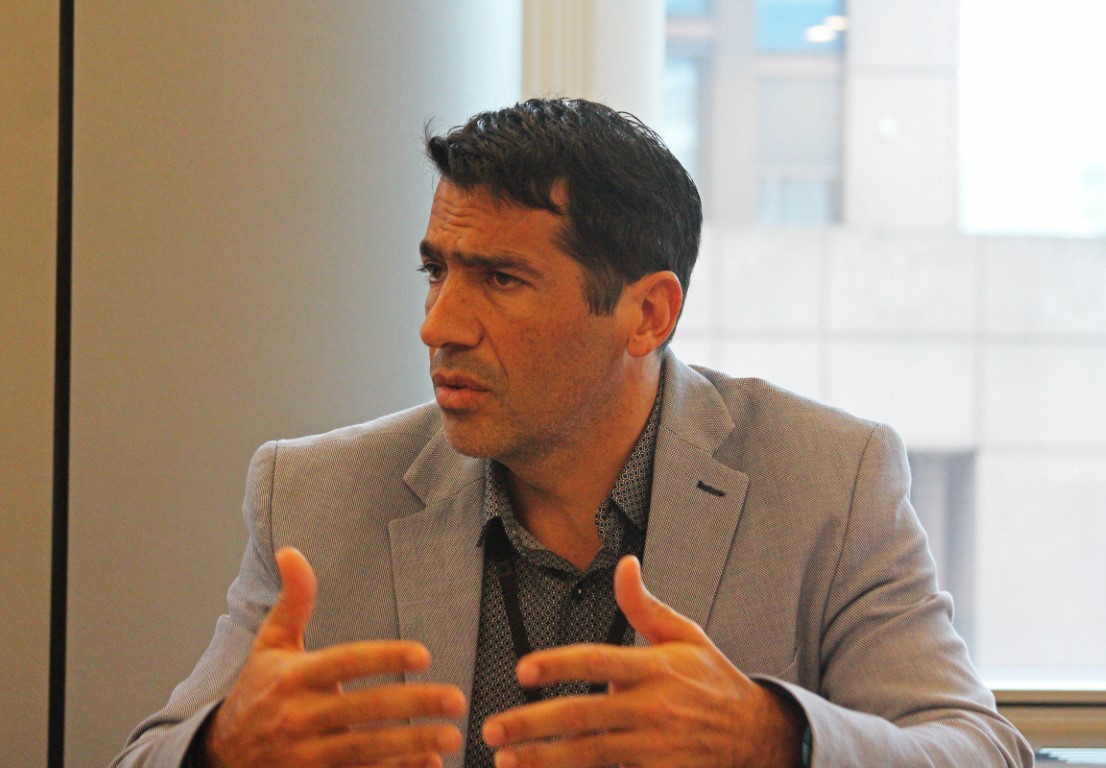
Further to the left, there is, as is well known, greater criticism of the EU project. The PCP was, in the 2014 Elections, the third most voted political force, electing three MEPs. One of them was Miguel Viegas, who considers the new election to be “extremely important”.
“Much of what is legislation in the Assembly of the Republic comes from the European Union. The truth is that, unfortunately, the debate about the EU and the policies that are being made here is not highlighted enough and that does not help voter mobilization», considered the communist MEP.
“When we have 500 young people who left the country during the Troika, that was also a consequence of the policies of the European Union. We, PCP, are not against the EU: we are against this model of integration and the policies of this European Union, in concrete», he said.
Marisa Matias, MEP from the Left Bloc, also made a point of highlighting the interference of Brussels decisions in Portugal.
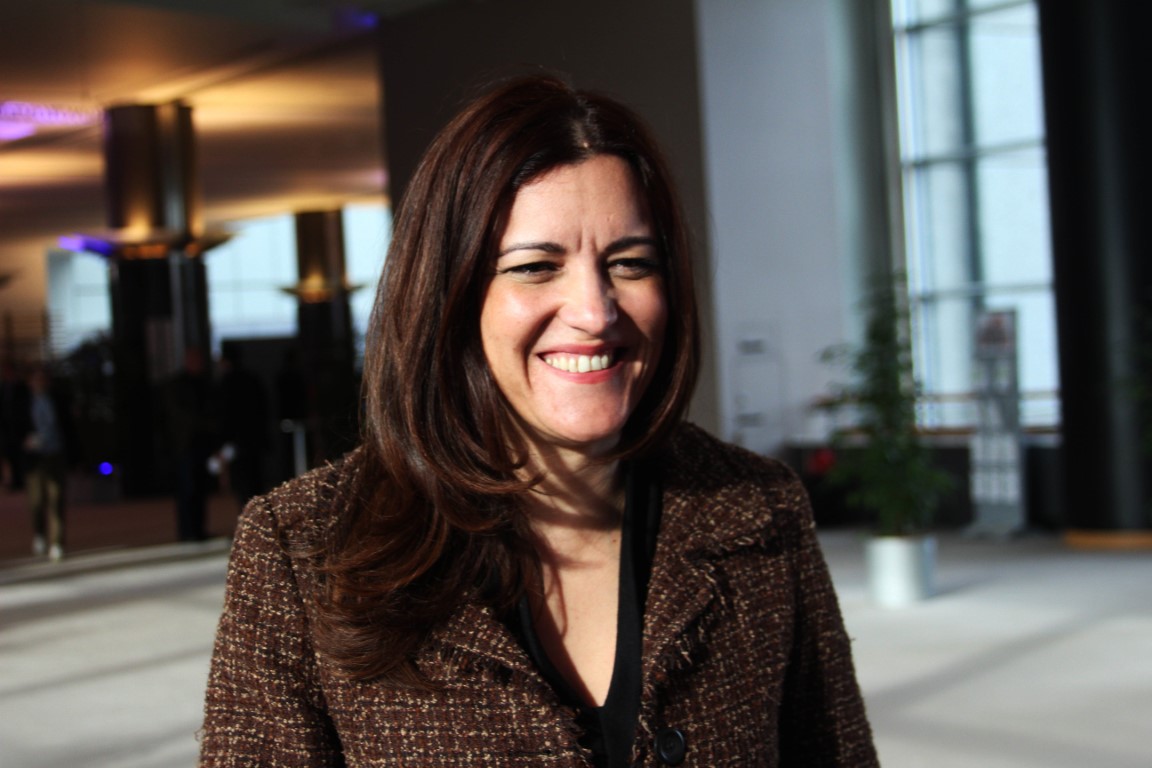
«Especially after the intervention of the troika, people had a greater perception of how much the European Union interferes in their lives. We pay a lot of attention to what is decided in the Assembly of the Republic, but more than 80% of the legislation that has an impact on our lives is decided here in Brussels, not in Portugal», he explained.
For the MEP, the abstention levels of the last Elections (66%, in Portugal) are, therefore, "incomprehensible".
“There are responsibilities of all parties, without exception. It would be essential for the level of participation in the elections to increase”, he concluded, in a desire that, as can be seen, is transversal to the Portuguese political forces with a seat in the European Parliament.
Photos: Pedro Lemos | Sul Informação (in Brussels)
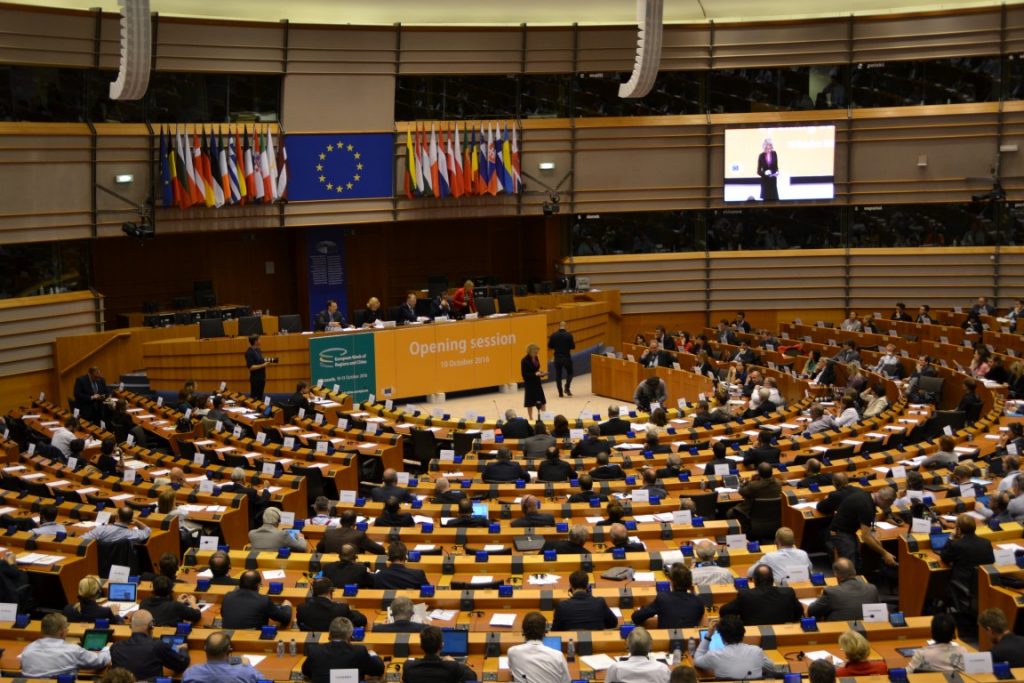


















Comments